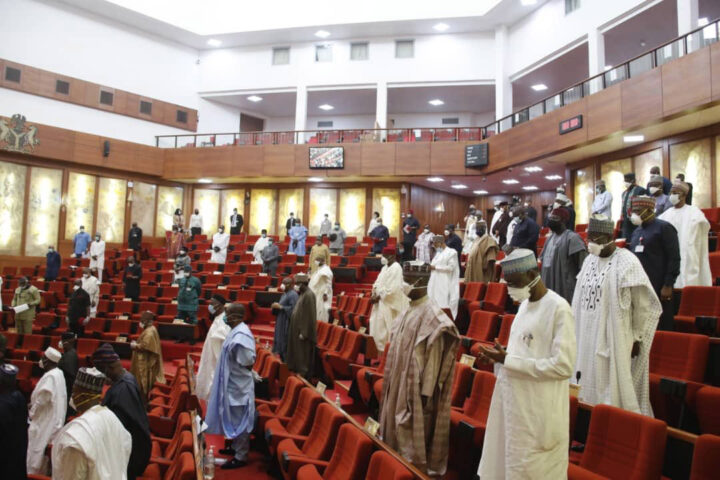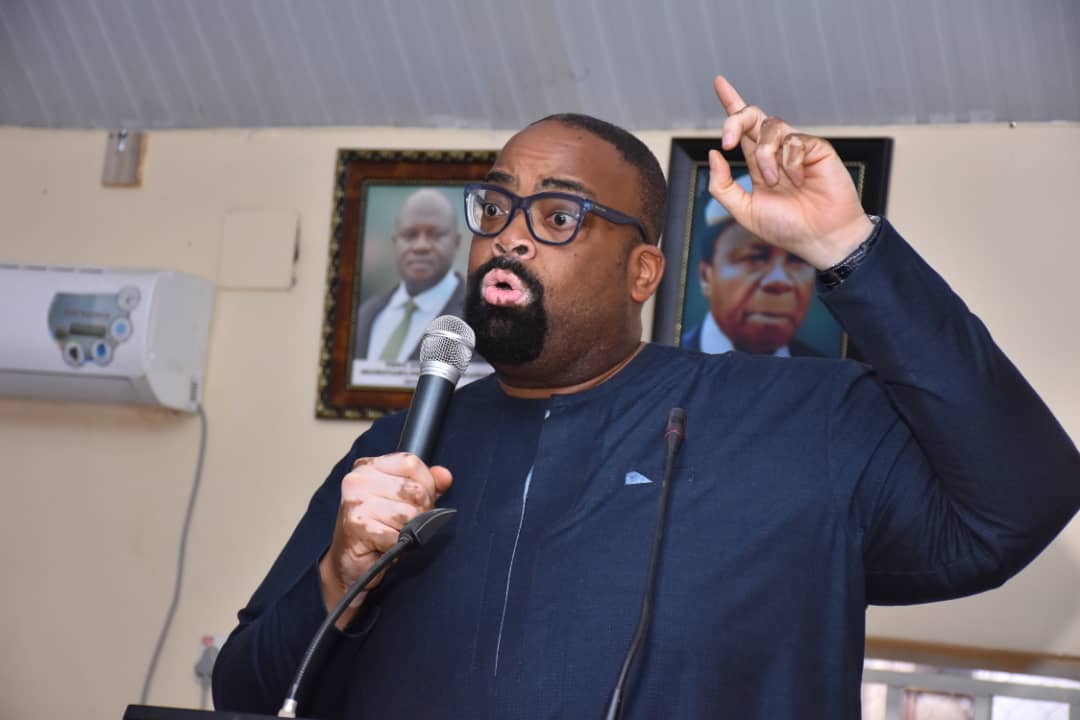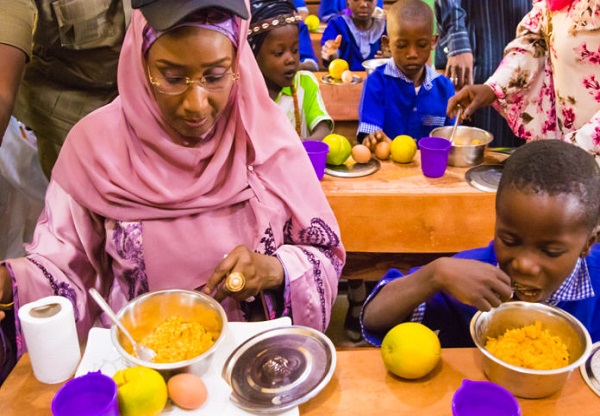I was in Victoria Falls, a city in Zimbabwe, for a UNECA conference. During my cab ride into town from the airport, the driver (I don’t quite remember his name now) at my prompting started a conversation around the economy of Zimbabwe under President Emmerson Mnanagawa, better known as “ Crocodile.” He was eager to discuss the politics and economies of Zimbabwe and Nigeria drawing comaprisons. According to him, unlike what happens in Nigeria, the average Zimbabwean is not allowed to discuss politics or economy of the country but he could, talking with me because I was Nigerian. Then he made a not quite surprising comment about “Nigerians,” he said “were courageous and smart.”He talked about our prowess in football, music , the arts , our stories on corruption and how the entire black race looks up to Nigeria for leadership. He also said, from what he gathered watching Nollywood movies, Nigerians would go to any length to make money and had a scant regard for life . His comments got me worried and thinking.
Nigeria is home to the largest concentration of black people in the world. We are the largest black immigrant group in the US, United Kingdom and Canada. Our country has natural resources, a lot of which remian untapped. We have a thriving film industry and a burgeoning creative economy. We were in the the forefront of the fight against apartheid and the struggle for the liberation of most african countries. One of us, the late Chief Moshood Abiola even championed the campaign for payment of repatriation for all the years of slavery . It would be natural for Nigeria and Nigerians to expect respect and love from its neighbours because of how much it has invested in the support of the cause of African nations. Unfortunately recent happeneings and hostilities by our neighbours and other countries may mean that we do some introspection and evaluate our diplomacy.
This aggression on different fronts – some economic and others political is troubling. The recent demolition of part of Nigerian embassy in Accra Ghana for instance. Some have said the demolition may have political undertones. A few persons alleged that the dominance of Ghanian economic space by Nigerians is a contributory factor. What however appears to be the key undertone is the imputation that Nigerian politicians are suspected to play a role in Ghana’s internal politics coupled with the boarder closure which nearly wrecked the Ghanian economy. The demolition, by a government agency controlled by the ruling party in Ghana appeared as a troubling extension of the politics of resistance and rising nationalism which is sweeping across the globe. No thanks to President Donald Trump and Prime Minister Boris Johnson, champions of this brand of primitive nationalism .
The Xenophobic attack of foreigners especially Nigerians in South Africa, on the other hand is the economic dimension of the primitive nationalism . South Africans do not care about our contributions to the anti apartheid struggle which is well known. The average South African sees the relative affluence of Nigerians living in their country as economic invasion which should not be allowed to thrive. Nigerians own the major car dealership by blacks in SA, Insurance companies, upscale restaurants , fashion houses and even employ black South Africans. The result of this is that the South Africans feel threatened by the success of “strangers” in their country and so attack them.
Advertisement
Many miles across the world from South Africa a different kind of hostility was brewing. At the onset of Covid 19 epidemic, Nigerians amongst other Africans who reside and do business in Guangzhou, the main commercial city of Guangdong Province,faced discrimination and Stigmatization. They were targeted for harassment, humiliation and eviction from their homes. This is despite the fact that China and Nigeria share strong economic ties and a growing trade relationship. Unfortunately many Chinese believe that foreigners including Nigerians have been giving a lot of latitude in China and may constitute threat to economic prosperity of the citizens of the country. China’s diplomacy which is a fall out of domestic politics, is strongly hinged on economic statecraft and citizens welfare , beyond seeking regional influence and global respect.
There have been numerous other reports of discrimination, racism , and ill treatment of Nigerians in India, Ukraine, Russia, Malaysia, all of which point to a fast disappearing international clout. Most recently ,though embarrassing,Nigerians resident in Indonesia went to the Nigerian House in Jakarta to protest over alleged discrimination and violation of their human rights by Indonesian immigration officials.
Diplomatic relationships between countries is often times a balance of terror. Countries weigh the political ,economic and military consequences before they act. Governments often consider the likely repercussion of their actions or of their citizens against those of other countries and this determines their foreign policy and reaction in a crisis. This is the reason why few countries can afford to play with United States interest and that of her citizens. Once upon a time no country, including those of the affluent West could afford a face off with Nigeria. These days, however, many nations including third world countries appear not to care. Our country has lost political prestige, regional leadership and economic potency. This loss of influence reflects on how our citizens are treated by others around the world.
Advertisement
One of the reasons these countries may illtreat our citizens may be because we ourselves do not seem to value the lives of our people. At least this is the signal other countries get from the security and economic developments in Nigeria. unfortunately but true , no country can do more to protect the people abroad than they do for the people at home. We must work harder to protect the rights of every Nigerian, especially the most vulnerable amongst us. Our country must live up to its billing by providing an envrionment that gurantees quality of life and living.
Very often Foreign Policy is linked to domestic governance, especially the economic development of the country. Our expectation is that Nigeria’s international engagement should be driven primarily by domestic concerns such as raising standard of living of the citizenry , eradicating poverty, reducing inequality, spurring economic growth and general security of citizens. This should guide the overarching direction of our Diplomatic engagements. Recent developments point to the fact that our diplomatic relations is becoming less and less assertive to the point that other countries do not know were we stand on international security or global governance issues. Nigeria must reasses its foreign policy and redefine its role as big brother and leader of the global black community. Our foreign policy handlers must consciously uphold Nigeria’s historical role as leader of the black race . Abdication of that role is both a betrayal of trust and failure of leadership. Our country must be ready to assert our political and diplomatic leadership regionally and globally . We must be willing to force those conversations as the need arises and compel respect for our people by first treating our citizens right. It is only then that the rest of the world will respect us and treat our people with the dignity they deserve, and that is the path to regaining our regional and global influence.
Views expressed by contributors are strictly personal and not of TheCable.
Add a comment







